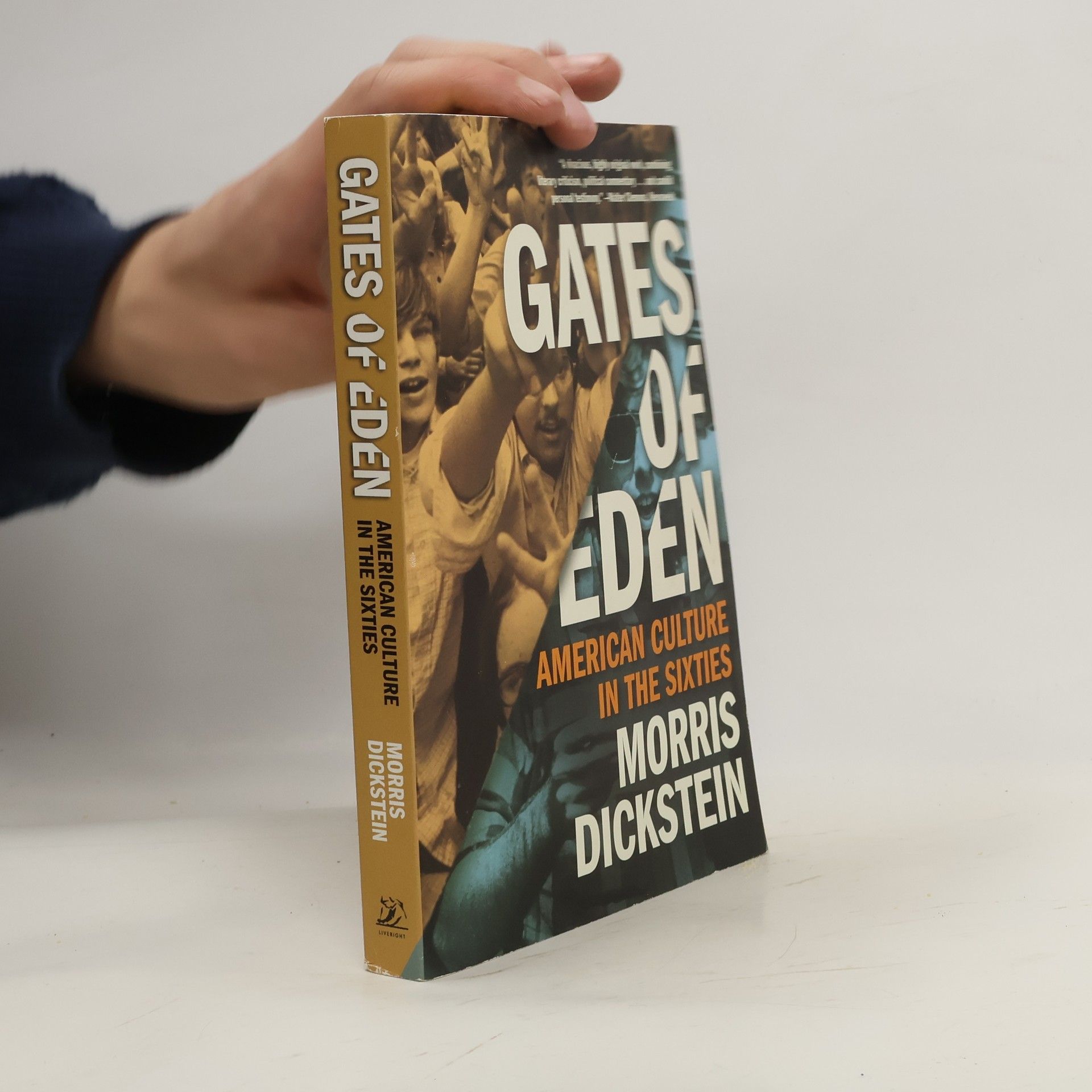The horrifying conditions of the Chicago stockyards and the meatpacking industry are revealed through this narrative of a young immigrant's struggles in America.
Morris Dickstein Livres
Morris Dickstein, Professeur émérite d'anglais et de théâtre au Graduate Center de la City University of New York, offre des perspectives profondes sur la culture, la littérature et l'histoire intellectuelle américaines du XXe siècle. Son œuvre dissèque méticuleusement les liens complexes entre l'expression artistique, les changements sociétaux et les idéologies prédominantes. Par une analyse pointue et une prose captivante, Dickstein éclaire les forces formatrices qui ont façonné l'identité américaine moderne. Son approche offre aux lecteurs une riche compréhension des courants intellectuels qui ont défini une époque.



Great Film Directors
- 778pages
- 28 heures de lecture
Investigates the careers and cinematic accomplishments of twenty-three great directors including Antonioni, Bergman, Capra, Chaplin, Fellini, Hitchcock, Truffaut, and Welles
Gates of Eden
- 308pages
- 11 heures de lecture
Widely admired as the definitive cultural history of the 1960s, this groundbreaking work finally reappears in a new edition. The turbulent 1960s, almost from its outset, produced a dizzying display of cultural images and ideas that were as colorful as the psychedelic T-shirts that became part of its iconography. It was not, however, until Morris Dickstein's landmark Gates of Eden, first published in 1977, that we could fully grasp the impact of this raucous decade in American history as a momentous cultural epoch in its own right, as much as Jazz Age America or Weimar Germany. From Ginsberg and Dylan to Vonnegut and Heller, this lasting work brilliantly re-creates not only the intellectual and political ferment of the decade but also its disillusionment. What results is an inestimable contribution to our understanding of twentieth-century American culture.